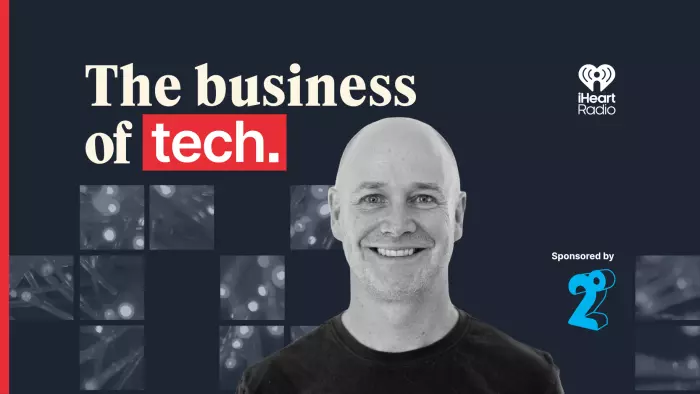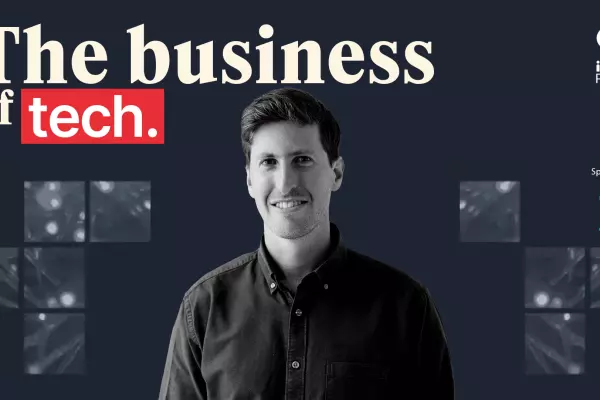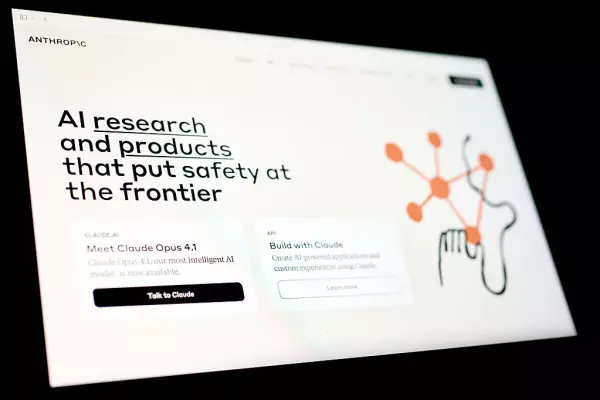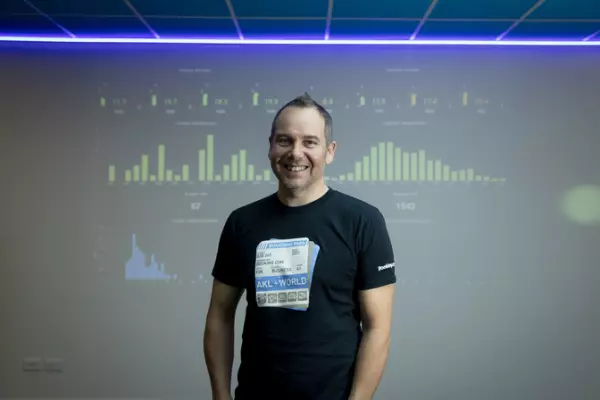Elon Musk’s Department of Government Efficiency (DOGE) initiative has sparked global debate about balancing disruptive reform with sustainable public sector innovation.
In a panel discussion on The Business of Tech, experts Rob Campbell, Ben Reid, and Paul Quickenden critiqued Musk’s approach while proposing alternative strategies for New Zealand to drive efficiency in government while harnessing technologies like blockchain and AI.
Campbell, former chair of Te Whatu Ora, acknowledged the need for continuous efficiency evaluation in government but likened Musk’s methods to “letting a mad axeman roam” through bureaucracies.
Uncreative destruction
He emphasised the critical importance of understanding systemic models, not just slashing budgets or headcount: “If you don’t understand the machinery, you’ll cause destruction, not creation."
Campbell highlighted NZ’s own struggles with siloed systems, such as healthcare’s “ramshackle assembly” of incompatible financial tools.
Reid, author of Fast Forward Aotearoa, contrasted the US’s “brokenist” political climate with NZ’s inertia-driven bureaucracy.
He warned against Musk’s “dismantle-first” strategy, advocating instead for digital-first governance built on open-source platforms and API-driven services. Easy Crypto’s Paul Quickenden added that blockchain could address transparency gaps but stressed that solutions must align with outcomes, not ideology.
Identity, payments, and democratic trust
The panel identified decentralised identity management as a prime use case for blockchain.
Quickenden argued that securely managing personal data across agencies could mitigate future AI-driven security risks, citing South Korea’s blockchain-based voting systems as a model.
Campbell supported blockchain’s auditability for benefits distribution, while Reid proposed rearchitecting monolithic departments into modular, interoperable platforms.
Quickenden also suggested that blockchain could streamline expense systems and legacy tech debt.
“Every government department could see if someone’s reinventing the wheel,” through transparent ledgers, he said.
However, all agreed that adoption requires a clear vision, not just technological novelty.
AI, open-source, and decentralised innovation
Reid pushed for AI-driven automation of bureaucratic processes, envisioning AI agents handling tasks like permit approvals or benefit calculations.
He stressed the need for open-source systems to avoid vendor lock-in and cited Taiwan’s GovZero initiative, a citizen-contributed digital governance model, as inspiration.
Campbell added that AI could address inefficiencies in healthcare payments and diagnostics but cautioned against top-down mandates.
“Innovation often bubbles up from communities, not central agencies,” he said.
Both Reid and Quickenden emphasised decentralised experimentation.
Reid proposed “innovation sandboxes” to test solutions like smart contracts or consensus-building tools (eg, Polis), while Quickenden urged leveraging NZ’s tech startups for scalable pilots.
Lessons for NZ: pragmatism over politics
The panel consensus rejected Musk’s disruption in favour of:
- Transparent systems: Open-source software and auditable processes.
- Modular design: Shared infrastructure for identity, payments, and data.
- Decentralised funding: Venture-style support for grassroots tech solutions.
As Campbell summarised, “The answer isn’t another agency, it’s creating space for small, practical innovations.”
Listen to the entire discussion on episode 94 of The Business of Tech, streaming on iHeartRadio or wherever you get your podcasts.
Your weekly tech reading list
- 'Huge relief': Sky TV switches to new satellite - months of TV signal issues at an end: NZ Herald
- When Steve Jobs explained to President Barack Obama why iPhones can’t be made in the US: Times of India
- Tim Cook 'cares about nothing else' than beating Mark Zuckerberg to a pair of truly smart glasses: 'It’s the only thing he's really spending his time on from a product development standpoint': Fortune
- Microsoft is taking its foot off the AI accelerator. What does that mean?: Business Insider
- Peter Thiel's Founders Fund closes $4.6 billion growth fund: CNBC
- Microsoft warns that anyone who deleted mysterious folder that appeared after latest Windows 11 update must take action to put it back: Tech Radar
- Trump’s White House budget proposal eviscerates funding at NASA: Ars Technica
- OpenAI countersues Elon Musk over ‘unlawful harassment’ of company: The Guardian
- Tāwhaki national aerospace centre pursuing companies to build launch pad: RNZ News
- A two-hour truth bomb just hit Meta: Future Media














